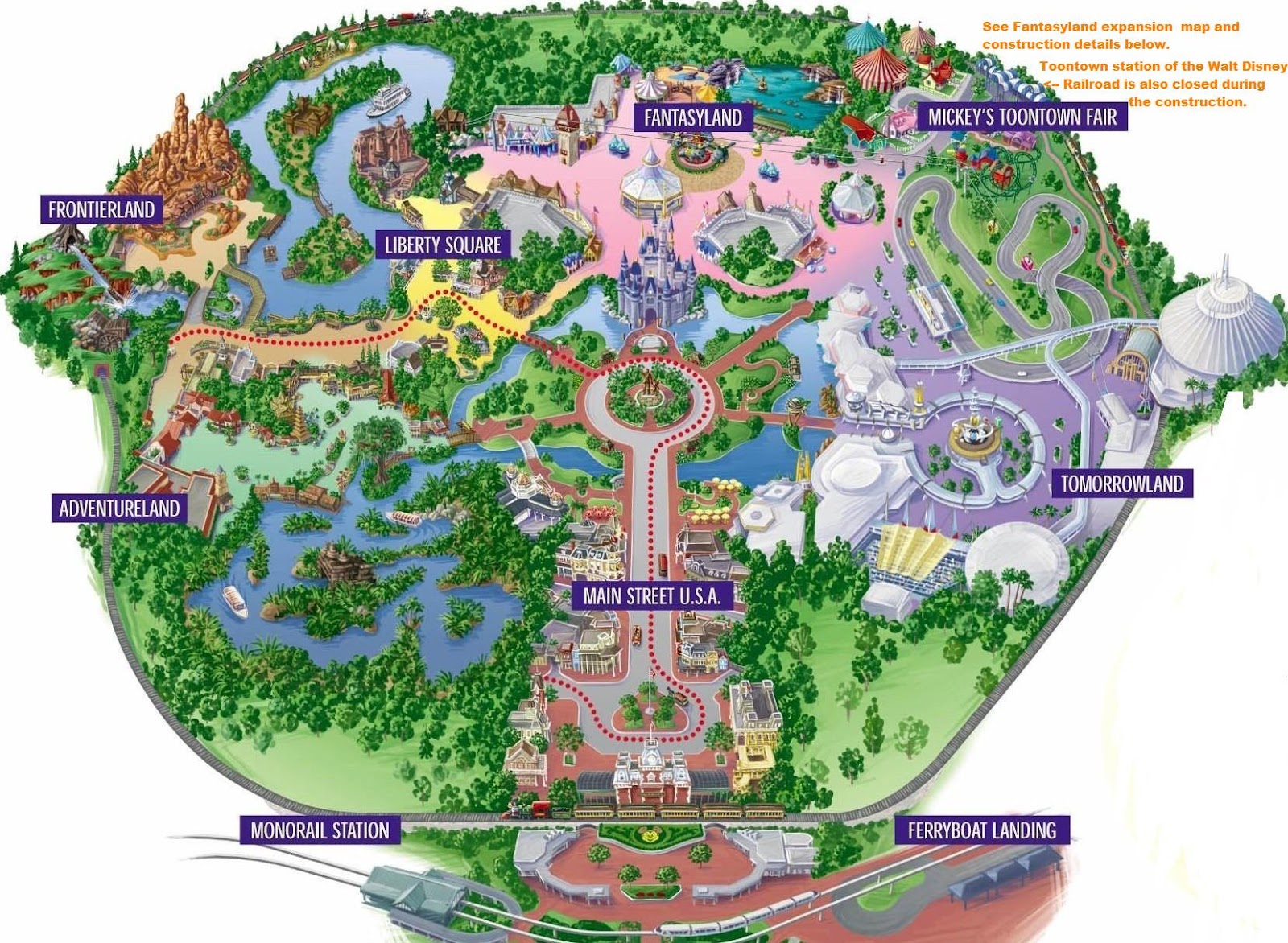
This line of kings has clung to the throne for more than a thousand years, beginning with Alfred the Great in 872 and continuing through Elizabeth II, the current monarch. The British monarchy is perhaps the most famous kingdom. King and queens were able to strengthen their control over their territories thanks to this and a slew of political marriages. Because the church had a vested interest in maintaining its autonomy, the Pope had a significant amount of influence over the kings of western Europe during the 11th and 12th centuries.

The Church had a particularly significant impact on European politics during the Middle Ages. Powerful noble families like the Medici, Valois, and Vasa ruled ancient Europe, and they all fought for power against one another. A powerful monarch, a slew of nobles, and a servant class were all part of this system, and they were all bound together by a complicated web of allegiances and responsibilities. In Europe, the rise of the feudal system saw kings exert more power than ever before. These kingdom leaders were frequently highly centralized figures who were in charge of protecting their people, exercising complete authority, and offering sacrifices to the gods. A few examples of powerful ruling classes include the kings of ancient Egypt, the chieftains of Sumeria, the Hittites of Anatolia, and the Mayans of Mesoamerica. On every continent, kingships have existed for thousands of years as one of the earliest forms of government. Despite the fact that kings and queens have passed away, their influence on our world today cannot be denied. In order to establish and maintain powerful empires, men and women have fought for power in a variety of ways for centuries. The subject of kingdom history is extremely lengthy and intricate. Empire: Generally based on military or economic strength of a country. Usually given to countries with centralized governments. Nation: Mainly based on the people who live in a particular region.

The three most common types of names for countries, kingdoms and empires are generally: For example, you can compare it with a fantasy world where the kingdom rules over a certain race and they name their land accordingly.

You can find the name of a kingdom usually comes from the founder. For example, kingdoms and empires often rely on the tax revenue that poor folks provide. They take from people who don't have power and redistribute it to those that do.
MAGICAL NAMES FOR KINGDOMS GENERATOR
This kingdom name generator can provide you with thousands of possibilities, regardless of whether your story takes place in modern, futuristic or medieval times and if it is a tiny state or an empire that spans an entire continent.Īll politics (whether on a national or local level) kind of function in the same way. You need to construct cultures, characters, languages, economies, capital cities and a multitude of other places and systems, but what the whole thing starts with is a good name. One of the foundations of typical fantasy stories are the kingdoms or empires that exist in your world. Create thousands of kingdom names with this kingdom name generator


 0 kommentar(er)
0 kommentar(er)
